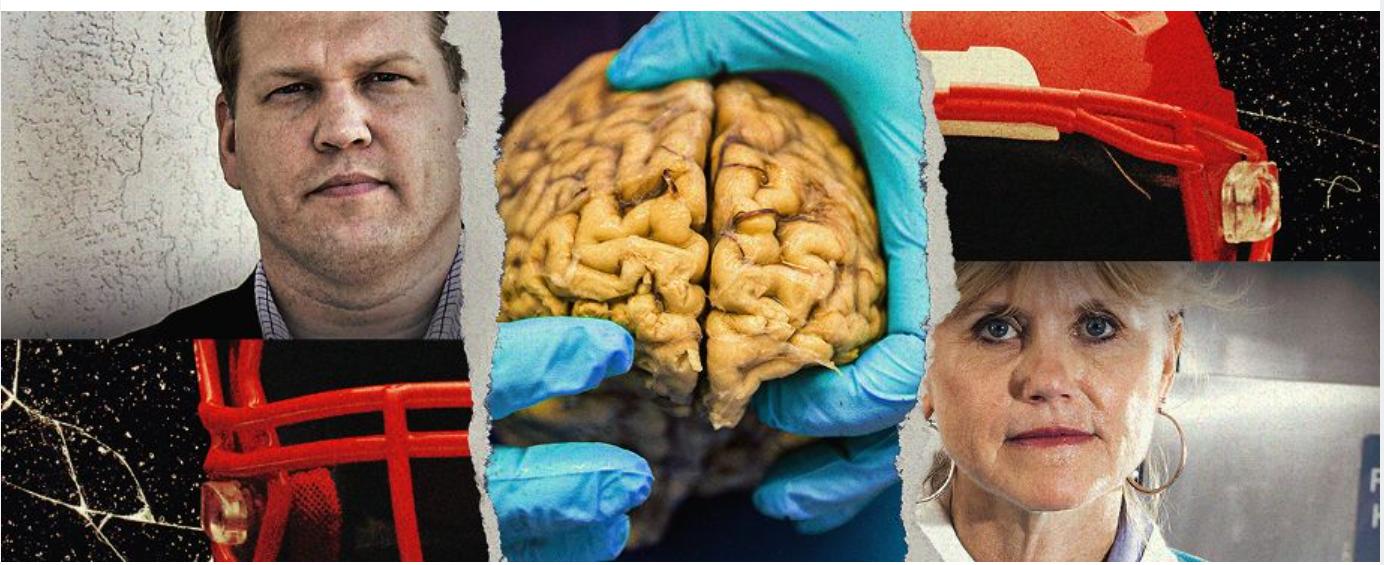"The release had no new information about CTE itself, nor was it tied to fresh research produced by BU. Still, it had the desired effect: It put the topic back on the radar on the eve of football's biggest event. The idea to issue the release had come from Chris Nowinski, a BU researcher and the co-founder of the CTE Center's education and advocacy partner, the Concussion Legacy Foundation.
"Sometimes 'people need to be exposed to certain ideas and information multiple times to understand, you know, to learn them,' Nowinski told ESPN recently.
"What we've learned about CTE and its connections to football has been shaped largely by the research produced by BU over the past 15 years. That work has led to a revolution in the way America considers its most popular sport: instilling a deeper understanding that repetitive hits to the head can lead to cognitive problems later in life, prompting reforms at all levels of the sport, sparking a decline in participation and spawning legislative debates in some states, most recently California, about whether youth tackle football should be banned altogether.
"But the narrative about CTE has outpaced the science. Fueled by the publicizing of several high-profile cases and data that even the BU researchers acknowledge is limited, the result is a heightened level of fear in players and families, from the pros down to pee wee. That fear has led some NFL players, teenagers, and weekend warriors to conclude -- fatalistically -- that whatever cognitive or emotional troubles they're enduring must be rooted in CTE; and it has created tensions within the research community that the story has become far too simplified."
Click here for more.


No comments:
Post a Comment